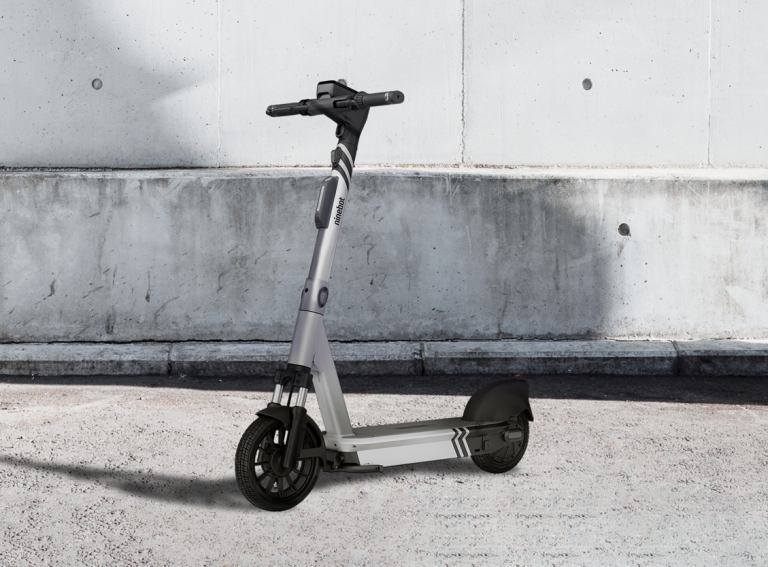Shared micromobility operator Lime has unveiled a new AI-enabled computer vision platform built in-house to facilitate responsible riding.
The initial application for the firm’s “Lime Vision” platform is Advanced Sidewalk Detection technology. This can detect a rider using a scooter on a pavement in real-time. Riders are then alerted via an audible sound and the scooter is automatically slowed to prevent conflict with pavement users.
The tech can distinguish between the pavement and the roadbed using AI-enabled image detection that can be customised to a wide range of city road and pavement surfaces.
Lime said these customisations are made possible by its commitment to building vertically-integrated hardware and software, instead of working with third-party suppliers, as it means the company can iterate and adapt the tech as needed. The approach also eliminates hurdles created by shoehorning software not native to the underlying system.
“We believe deeply that designing our hardware and software in-house will ultimately yield a safer and more reliable service for our riders and the cities where we operate,” Lime’s President Joe Kraus told Zag Daily.
“Lime’s investment in research and development have resulted in differentiated hardware and software solutions that push the envelope of innovation across the industry. We’re committed to this approach as we see it having a real impact on getting people out of cars and helping cities transform to prioritise people.”
The team will collaborate with cities to help determine why pavement riding is higher on certain corridors to inform infrastructure decisions, such as where bike lanes will be most effective.
Nearly 20 people are now part of Lime’s in-house development team and they have full control over the Lime Vision product roadmap, including new use cases beyond pavement riding to meet city needs, such as improved parking accuracy.



